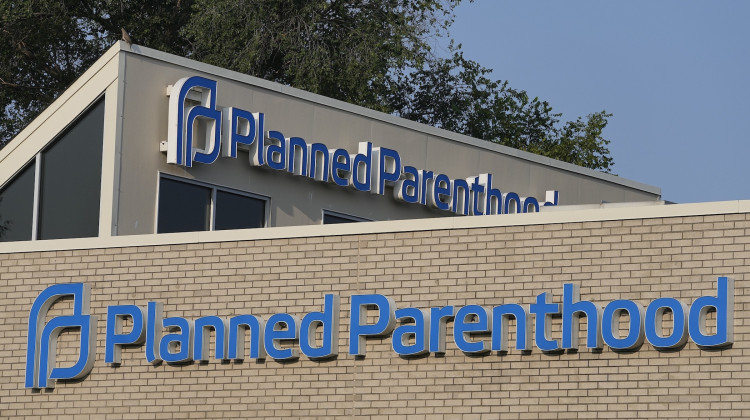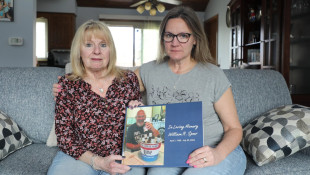Five large drinking water utilities in Indiana have toxic PFAS levels in their treated water that are above federal health guidelines. That includes utilities serving the cities of Logansport, Columbus, Elkhart, and Sellersburg as well as Watson Rural Water Company.
PFAS are a group of human-made chemicals found in non-stick and stain-resistant products — from pans, to carpets to fast-food wrappers. Among other things, exposure to them has been linked to kidney cancer, problems with the immune system and developmental issues in children.
The Indiana Department of Environmental Management started testing water utilities for PFAS in 2021. Overall, 24 utilities in the state have levels of the chemicals that are above federal health guidelines. A list of test results is available on IDEM's website.
READ MORE: State retests midsize Indiana drinking water utilities for PFAS, 10 have unhealthy levels
But guidelines are just that — guidelines. The federal government wants to set hard limits for two most well-known PFAS — PFOS and PFOA. Of the larger utilities tested, only Columbus Municipal had levels higher than the proposed limits.
The testing program is voluntary — not all water utilities participated. More than 800 community water systems in Indiana have either not been tested or haven't received their results.
Indiana Public Broadcasting created a guide for what to do if there are PFAS in your water.
Rebecca is our energy and environment reporter. Contact her at rthiele@iu.edu or follow her on Twitter at @beckythiele.
9(MDAyMzk1MzA4MDE2MjY3OTY1MjM5ZDJjYQ000))
 DONATE
DONATE






 View More Articles
View More Articles


 Support WFYI. We can't do it without you.
Support WFYI. We can't do it without you.